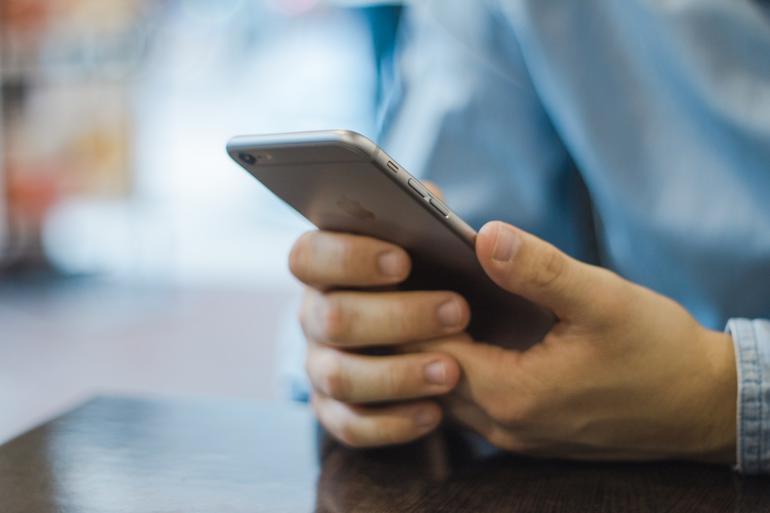It comes as a new study has revealed more than a third of Britons have gone on their partners' devices to check whether they're cheating on them.
Four in ten people confessed to spying on their other half by looking at their phone at least once a week, while one in five men said they waited until their partner was asleep to use their fingerprint to unlock their phone.
Sue Monckton-Rickett, chair of the Association of Christian Counsellors told Premier she's concerned by the figures.
"It's actually saying that there are a significant proportion of relationships that fundamentally are working out of a place of distrust," she said.
"So whether people are finding anything or not the foundation for the relationship is, 'I'm not sure that I can actually trust my partner, my spouse'."
She added that "It's raising questions in my mind about the security of the individuals" as its worrying people feel they need to check up on their partners in this way.
Experts from the University of South Wales surveyed 2,000 people in the UK and found that more than half of those who snooped on their partner discovered something that led them to believe they had cheated, with 45 per cent of them deciding to end the relationship as a result.
The findings come as family lawyers Hodge Jones & Allen report an increase in people citing information uncovered on devices being used as examples of unreasonable behaviour and adultery and as reasons for divorce.
Monckton-Rickett explained how Christian counselling can be helpful for couples struggling with trust issues.
She said: "It could be that if there's a relationship issue and if the couple that are involved in a relationship wanted to work through what's going on in their relationship around trust, then a couple could come and do that together and work out what is it that prevents each of them from trusting.
"And rebuilding trust is not a quick process but you can start to work on how to rebuild trust again, how to put in sort of behavioural actions that will enable you to feel that the other partner is more trustworthy.
"But on the other hand, there's also a sense of if someone finds it very difficult to trust people full stop and not just their spouse or their partner it may be that actually counselling could help you to work through what is it that has damaged your ability to trust. What is it that makes you feel that you're security and relationship isn't healthy?"
Listen to Premier's Eno Adeogun speaking with Sue Monckton-Rickett:
Stay up to date with the latest news stories from a Christian perspective. Sign up to our daily newsletter and receive more stories like this straight to your inbox every morning.






